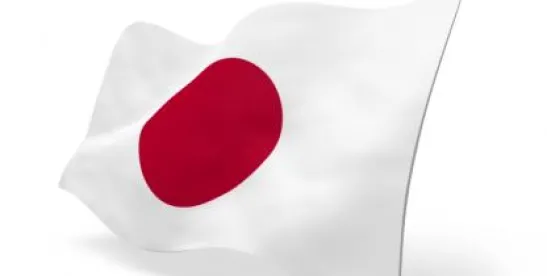The Japanese Supreme Court issued its ruling in the Osaka Aquarium sexual harassment case. The ruling made news across Japan and is particularly noteworthy on two points: that it upheld a relatively severe punishment (suspension and demotion) without a formal warning process in advance, and that it recognized purely verbal sexual harassment as a punishable offence.
Osaka Aquarium is run by a government-owned corporation. A majority of its staff and visitors are female, and the company took numerous measures to warn its employees off harassment in the workplace. It defined sexual harassment in its work rules to include “sexual jokes, teasing or questioning,” “other sexual speech or conduct that causes discomfort to others,” “unnecessary bodily contact” and “inhibiting other employees’ desire to work through sexual speech or conduct.” It further established a sexual harassment resolution procedure that considered the time, place, manner and extent of the behavior, as well as the “power relationship” (respective seniorities) of the parties involved, in determining appropriate penalties for offenders.
Two middle managers in the sales and service teams engaged in a string of sexual conversations over the course of a year, primarily directed at a younger female temporary employee. One of the managers, dubbed X1 by the Court, repeatedly engaged in inappropriate conversation with the female employee, A, while she was working alone in the Aquarium’s cash room, including topics such as his extramarital relations, his mistress’s relationship with her husband and his own sexual interest in a female visitor to the Aquarium. The other manager, unimaginatively called X2, repeatedly conversed with A about her age and her “need” to get married soon, and suggested that she take on a “night job” (by implication, prostitution) to supplement her income.
A left the Aquarium at the end of December 2011, citing harassment among other reasons for her resignation. It then conducted an internal review and decided in February 2012 to suspend the two managers without pay (shukkin teishi) for thirty days and ten days respectively. As a result of the suspension, they were demoted within the employer and had their monthly pay cut.
The managers took legal action against the employer to invalidate their suspensions and restore their pay to its previous level. They argued that the female employee had not clearly objected to the conduct and that they did not have adequate warning of the company’s policies on harassment.
In Japan, disciplinary action against employees must be in compliance with laid-down company rules, and even then can be subject to a form of equitable scrutiny by a court that places a major burden on the employer to prove the appropriateness of the punishment. Disciplinary dismissals are generally only upheld in cases of extreme misconduct, such as criminal activity. Suspension without pay and demotion are usually also reserved for extreme or repeated violations of the rules of employment; lesser violations are rarely dealt with by anything harsher than a stern warning in the first instance. Until this case, physical forms of sexual harassment were sometimes considered adequate grounds for stricter punishment, but verbal forms generally were not.
The lower courts had disagreed on the proper outcome of the case. At trial, the Osaka District Court upheld the suspension and demotion, citing the relative positions of the individuals involved and the fact that the managers had had adequate opportunities to defend themselves in the internal process. On appeal, the Osaka High Court sided with the managers, ruling that while the punishment was clearly implemented in compliance with company rules, it was still too extreme in light of the conduct in question, and thus constituted an “abuse of rights” by the employer.
The Supreme Court rejected the High Court’s view of the extremity of the conduct. It characterized X1’s statements about his extramarital affairs as “extremely lewd and dirty,” and X2’s statements about A’s age and marital status as “derogatory” and “vulgar,” concluding that both managers’ conduct was “extremely inappropriate,” “particularly harmful to the working environment” and “would lower employees’ desire to work and inhibit the demonstration of their abilities.” It characterized the suspension and demotion penalties as reasonable given these circumstances, and pointed out that the managers had knowledge of the Aquarium’s policies regarding sexual harassment.
The Supreme Court’s ruling may signal that Japanese jurisprudence is gradually taking a harder line on harassment in the workplace, but the procedural history of the case – almost two years of litigation with different outcomes at different levels – underscores the need for employers to be cautious. It should be noted that while the ruling provides an instructive precedent that will likely be followed in future cases, it does not have the force of law, and judges in other cases still have significant discretion in deciding whether or not a disciplinary action is appropriate.
The case also highlights the need for Japanese employers to train their management and to take care in drafting and enforcing their company rules. While the case opens up the potential to implement meaningful penalties for verbal harassment in the workplace, there is still a burden on employers to make their policies clear (in particular, given the managers’ defence, that overt objection by the victim is not a pre-requisite of unlawful harassment) and to follow the letter of their policies.
Kenichiro Kawada contributed to this post.



 />i
/>i
